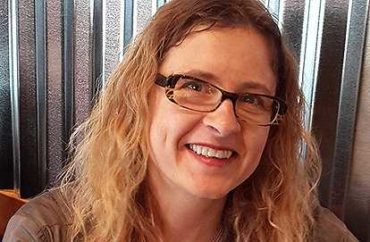
Russian scientists excluded from publication, conferences
Western academic organizations and publishing companies unfairly boycotted Russian scientists in the wake of the Ukraine invasion, according to the University of Southern California chemist Anna Krylov (pictured), who was born in Ukraine.
Krylov told The College Fix in an interview March 22 that she received a note from fellow chemist Vadim Bataev from Moscow State University decrying the rejection of an academic paper he had reviewed for the Journal of Molecular Structure.
According to Bataev, a journal editor wrote Feb 27:
“Thank you for reviewing this manuscript. I have to inform you that the editors of the Journal of Molecular Structure made a decision to ban the manuscripts submitted from Russian institutions. You must know that it is a ban on Russian institutions and not a judgment on scientists. Therefore I cannot accept the manuscript.”
Krylov called the journal’s action “a full-blown academic boycott” that was “meaningless and unfair.”
Elsevier, the company that publishes the Journal of Molecular Structure, reversed the decision made by the editorial board in a letter March 21 reminding editors that “any restrictions on scientific publishing not only harm individual researchers – who may themselves have different political views from their governments – but also authors from other countries entirely.”
Laura Hassink, the company’s managing director, wrote in a public statement: “As of the time of writing, no government sanctions are in place which impact the handling of papers that include Russian authors, and we ask editors to follow usual practice on ‘Fair Play.’”
“‘The editor should evaluate manuscripts for their intellectual content without regard to race, gender, sexual orientation, religious belief, ethnic origin, citizenship, or political philosophy of the authors,’” Hassink continued.
Krylov also sent The Fix an email showing that Moscow State University chemist A.V. Nemukhin was disinvited from the International Union of Pure and Applied Chemistry Symposium on Photochemistry in the Netherlands because the nation’s university system decided to cut all scientific collaboration with Russia.
Krylov: canceling Russian academics ‘unfairly punishes innocent people’
Krylov was born in Ukraine to a mother who was half-Ukrainian and Polish and a father who was Russian during the years of the Soviet Union. She received her Bachelor of Arts from Moscow University and emigrated to Israel in 1991 after the fall of the Berlin Wall.
Krylov said she favored economic sanctions of Russia due to the unprecedented act of violence resulting from the war.
“There is absolutely no discussion that the invasion is unprecedented and a violation of International law,” Krylov said.
“This is an invasion of a sovereign nation and completely unforgivable. The western world should stand by Ukraine and help to resist the invasion,” the scientist said.
Nevertheless, canceling Russian academics does not enforce any real political or economic pressure on the Russian government. Instead, it is a symbolic act that unfairly punishes innocent people who already face the threat of arrest and abuse by police if they speak out against the government, she said.
“In Russia there are many people, many scientists, who signed petitions against the law, then go to demonstrations and get arrested by police,” Krylov said. “In Russia these actions could be punished with sentencing to prison camps.”
In response to an email asking for an opinion on exclusion of Russian academics from papers and conferences, Mike DeCesare, a spokesman for the American Association of University Professors, wrote in an email to The College Fix that the AAUP unilaterally opposed all organized academic boycotts, including the boycott against Russia.
“Boycotts inhibit the free exchange of ideas and that there are other effective ways of expressing collective condemnation of an institution—or, in this case, a country—that do not have that effect,” DeCasare said.
“In view of the Association’s long-standing commitment to the free exchange of ideas, we oppose academic boycotts,” the association stated.
Western institutions declining to publish scientific publications hurts not only Russian scientists but also western nations since they lose access to new discoveries and progress toward major scientific issues, Krylov said.
Krylov acknowledged that some university collaborations with Russian programs could be suspended for national security reasons.
“I understand regulating some collaborative work that is dealing with sensitive research topics related to national security,” Krylov said.
Nevertheless, Krylov said the blanket censorship, termination of collaborations, and refusal to invite Russian scientists to conferences is “inappropriate.”
“There are so many examples nowadays of politics getting infused with science,” Krylov said. “Scientific organizations equating their missions of supporting professional science by some ideological agenda is highly dangerous for science.”
MORE: Professors worry about cancel culture’s corruption of STEM
IMAGE: University of Southern California
Like The College Fix on Facebook / Follow us on Twitter

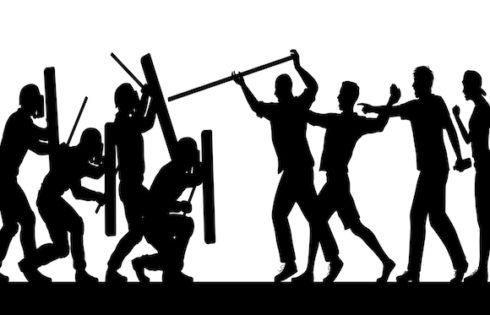
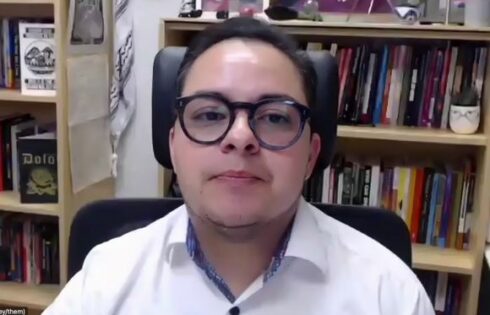
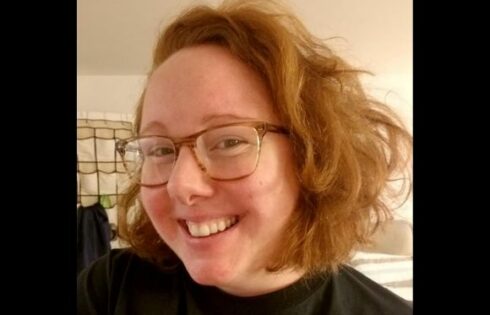
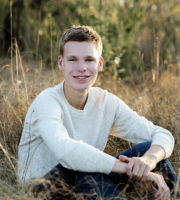
Please join the conversation about our stories on Facebook, Twitter, Instagram, Reddit, MeWe, Rumble, Gab, Minds and Gettr.